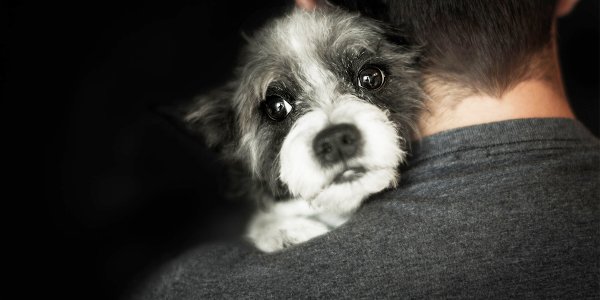Experiment Reveals That Dogs Really Are a Loyal Best Friend
Tags: News

Science may have just proven what dog lovers everywhere have been proclaiming for decades: dogs really do love their owners!
As part of recent research, a neuroscientist at Emory University conducted an experiment which looked at dogs’ brains in an attempt to find out what they were thinking. The test involved a magnetic resonance imaging (MRI) machine which scans the dog’s brain and produced the result that everyone was hoping for.
A total of 90 dogs were looked at during the experiment, which was overseen by Gregory Berns whose own dog lost its life. Prior to the investigation, the dogs were all prepared by getting used to the sounds of the MRI for the months that preceded the final test. Once the experiment had begun, it was soon discovered that dogs use the same parts of the brain as humans when solving problems, which is referred to in dogs as the canine prefrontal lobe. Berns then continued to give the dogs hot dogs and praise at varying times to then be able to compare the varied neurological responses.
He said, “When we compared their responses and looked at the rewards center of their brains, the vast number of dogs responded to praise and food equally. Now, about 20 percent had stronger responses to praise than to food. From that, we conclude that the vast majority of dogs love us at least as much as food.”
In addition to this discovery, the test also found that dogs are able to recognize different faces, which, combined with the understood praise response, could be a great aid in dog training. The tests could be used in the future to determine which dogs would be easier to train.
IMAGE CREDIT:damedeeso / 123RF Stock Photo
I am Jess Murray, wildlife conservationist, photographer and writer. I like to document the natural world and create awareness through my writing so that your future can be sustainable and positive. Follow my Facebook page and Instagram account to be part of the journey.

Leave Comment: